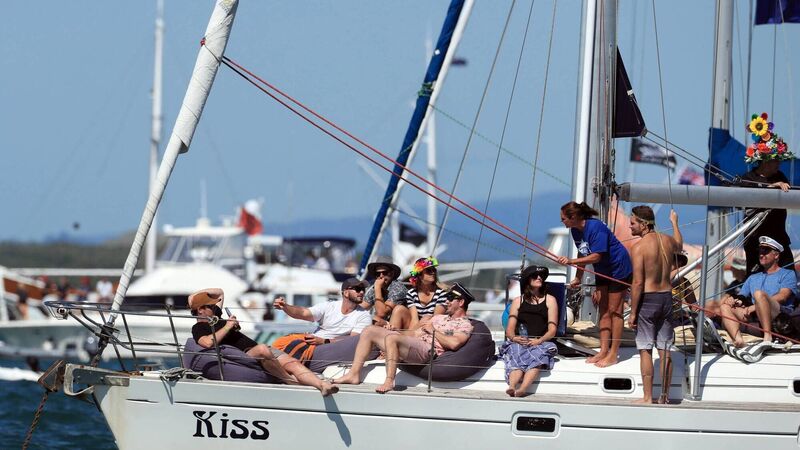Michael Moynihan: Farewell to America’s Cup 2024 — foundered on lack of political will

Spectators on their boats wait for the day three races of the 36th America’s Cup in Auckland last March. Proposing to spend exchequer funds to help people to sail their solid-gold boats seems almost perfectly designed to irritate many people, given yachting’s elitist image. Picture: Gilles Martin-Raget
FAREWELL, then, America’s Cup 2024. We hardly knew you. You never came, we never saw, and nobody got conquered.
Yesterday, we learned that the great international sailing competition would likely not be held here in Cork after all (an announcement to confirm as much was due today).












